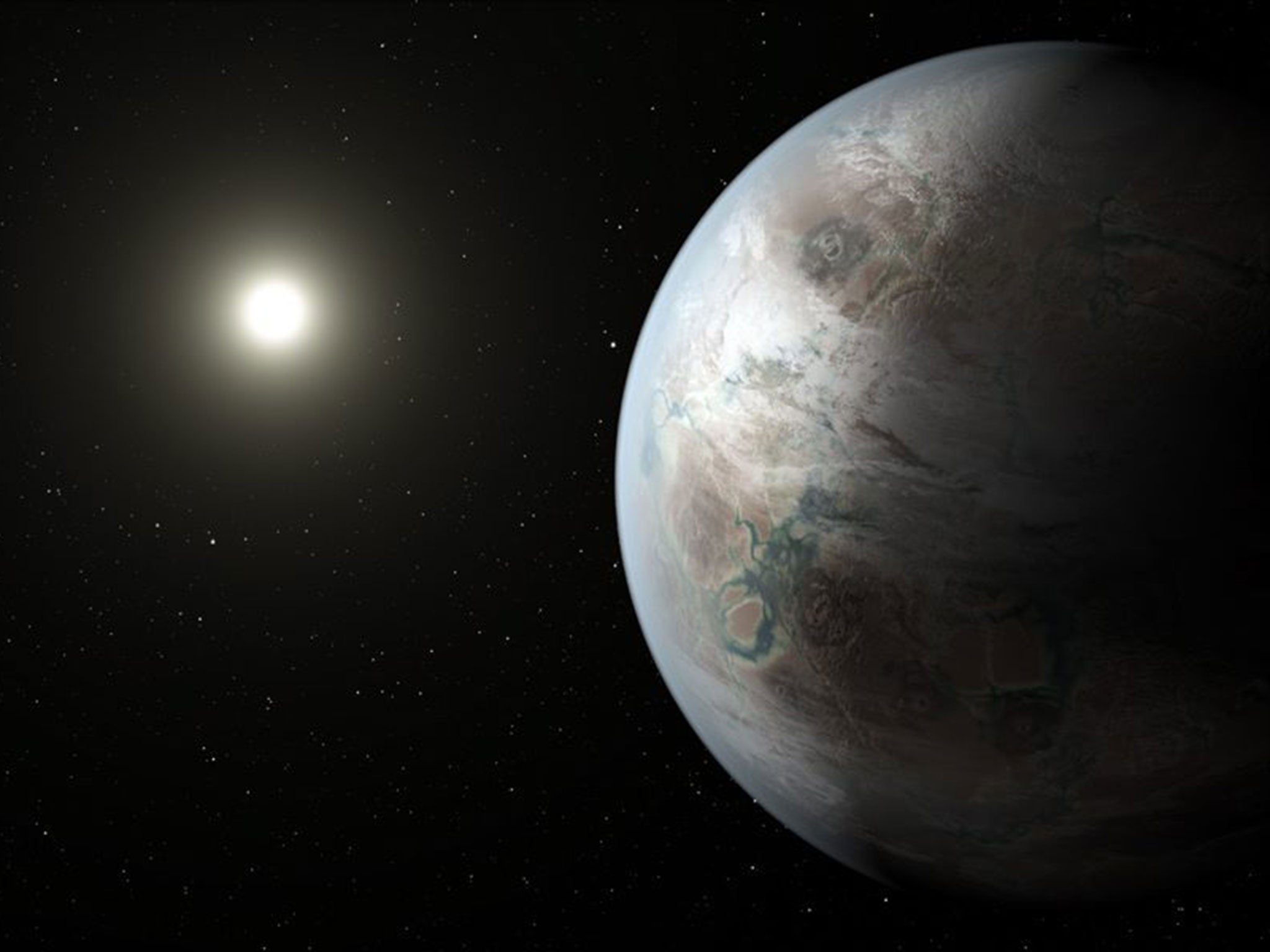Scientific breakthroughs in 2015 that could change the world
Advances in biology and cosmology have dominated the science year

Growing a “brain in a dish”, the prospect of creating designer babies, and the possibility of detecting the first signs of extra-terrestrial intelligence – these are just some of the most important scientific news stories of 2015, according to some of the world’s leading scholars celebrating the year’s achievements.
The question posed to the top thinkers was this: what do you consider the most interesting recent scientific news and what makes it important? Back came a smorgasbord of essay-length answers from more than 100 contributors to Edge.org, the online salon for scientists, philosophers and followers of the “third culture” merging science and the humanities.
Many referred to an astonishing advance in gene editing, a technique for swapping and changing individual bases on the DNA molecule called Crispr-Cas9. It raises the prospect of engineering the human “germline” by tinkering with the genes of sperm, eggs and IVF embryos.
The use of Crispr means that any living organism’s genome can be cheaply and accurately edited at any location along its DNA, writes Mark Pagel, professor of evolutionary biology at Reading University, in his contribution to the Edge Question 2016.
“By modifying genes in potential mother’s and father’s egg or sperm cells, they will go on to produce babies ‘designed’ to have some desired trait, or to lack some undesirable trait.”
He added: “The first truly and thoroughly designed humans are more than just the subjects of science fiction: they are on our doorstep, waiting to be allowed in.”
Meanwhile, Professor George Church, a Crispr expert at Harvard University, believes in the future we could be discussing the augmentation of the human brain, either electronically or biologically – which includes surgical enhancements involving neural networks grown from individual nerve cells.
The autism expert Simon Baron-Cohen, of Cambridge University, cites the revolutionary developments in stem cell biology. He is excited by the ability to “reprogramme” skin cells into nerve cells, and then using them as a kind of “brain in a dish”, as the most important event of 2015.
The technique, he explains, is potentially more useful and ethical for the understanding of the human brain than taking tissue samples from dead patients or using animals in experiments. It could be the game-changer needed in the understanding of what occurs in autistic children, Professor Baron-Cohen writes.
Alison Gopnik, a psychologist at University of California, Berkeley, is fascinated at how, in the past couple of years, toddlers have begun to use computers on their own, using interfaces that no longer require adult supervision.
“For the first time, a toddler can directly control a smartphone or tablet,” Professor Gopnik says.
“Is this a cause for alarm or celebration? We don’t know and we won’t know for at least another 20 years when today’s two-year-olds grow up.”
Intelligence beyond Earth is the focus of several answers to the Edge.org question. The discovery of many hundreds of planets, and the possibility of many more, has created a fresh stir in the decades-long search for extra-terrestrial intelligence (Seti).
The Kepler Space Observatory, for instance, has provided information suggesting there may be about 10 billion Earth-sized planets orbiting the “habitable” zone of their stars, writes Mario Livio, an astrophysicist and author.
“The publication of this empirically-based estimate marked a critical point at which the quest for extrasolar life transitioned from mere speculation to an actual science,” Dr Livio writes.
Martin Rees, the Cambridge astronomer, is equally excited about the potential now for discovering radio signals from intelligent life, given that 2015 was the year when Russian investor Yuri Milner financed a more methodical search for intelligent radio signals from deep space.
“Even optimists rate the probability at only a few per cent,” Lord Rees writes. But he adds: “A manifestly artificial signal – even if we couldn’t decode it – would convey the momentous message that ‘intelligence’ has emerged elsewhere in the cosmos.”
Join our commenting forum
Join thought-provoking conversations, follow other Independent readers and see their replies
Comments
Bookmark popover
Removed from bookmarks